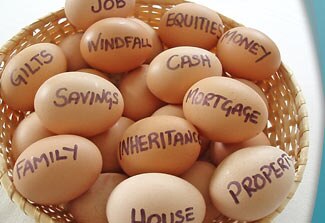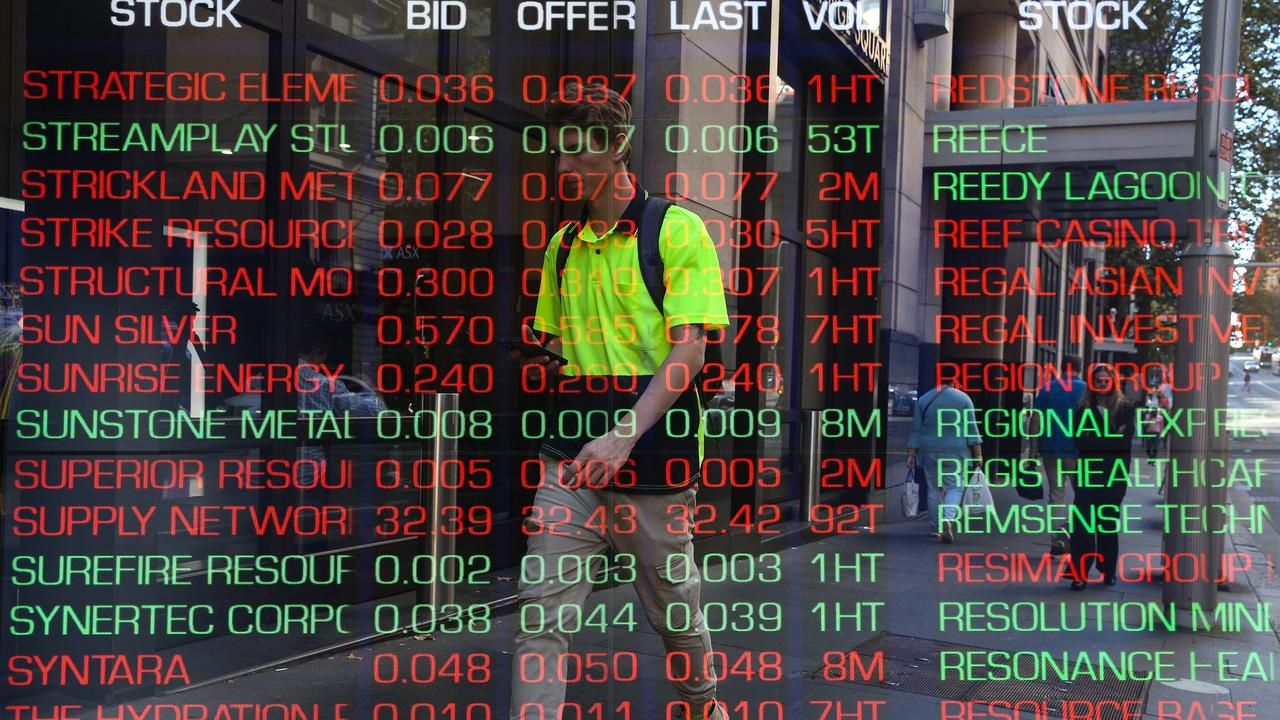Protecting the vital nest egg
ALTHOUGH shares and property trusts have plummeted since last November selling all your shares now is generally not a good idea.

Protecting the vital nest egg
TURMOIL in global financial markets is hitting older Australians harder than most. People aged over 50 generally have much bigger amounts in superannuation investments.
A typical super fund account holds more than 40 per cent of its money in shares and property trusts.
Both those sectors have plummeted since last November but experts say selling all your shares now is generally not a good idea.
Panic selling is bad for your wealth, says BT Super for Life head Melanie Evans.
"The key for investors is to stay calm, focus on investment fundamentals and remember that long-term investors have nothing to gain from short-term reactions," she says.
"Economies and markets are often affected by unexpected economic, political or natural calamities, like the current U.S. subprime mortgage crisis."
What started as a pile of bad mortgages in the US that could not be repaid has grown into a global financial crisis that has sent share prices spiralling downwards and pushed up interest rates because lenders have become scared to lend money.
Macquarie Private Wealth state manager Kieran Purcell says if baby boomers can avoid dipping into their retirement nest egg, they will benefit in the medium-term when the market resumes its growth path.
"While the large recent falls may give them some concern, they should take some comfort in that the income from their investments should still be relatively stable," he said.
There have been no moves by Australian companies to cut their dividend payments, so while shares in companies such as the Commonwealth Bank and Westfield have dropped sharply, their income payments to investors have not fallen.
"Bear markets tend to be shorter than bull markets," Mr Purcell says.
While nobody suggests selling out of shares completely, Mr Purcell says people should consider that some fixed interest products, such as term deposits, are now offering very attractive interest rates.
AMP financial planner Mark Borg says most baby boomers would expect to live for another 20 years, so there is plenty of time for their investments to recover.
"They have the most money and because it's close to their retirement, it's close to their hearts and front of mind," he says. "But it's certainly not worrying for those who are informed.
(Wealthy businessman) John Spalvins said it best in 1988 when asked how much money he had lost: he said, 'none, because I haven't sold anything'.
"It's well worth remembering that historically after drops of this size, the bounce back has been around 20 per cent."
People with allocated pensions might consider drawing their incomes from their defensive assets, such as cash and bonds, at the moment, Mr Borg says.
"Leaving your growth assets as they are can ensure when the bounce comes, you are taking advantage of it," he says.



